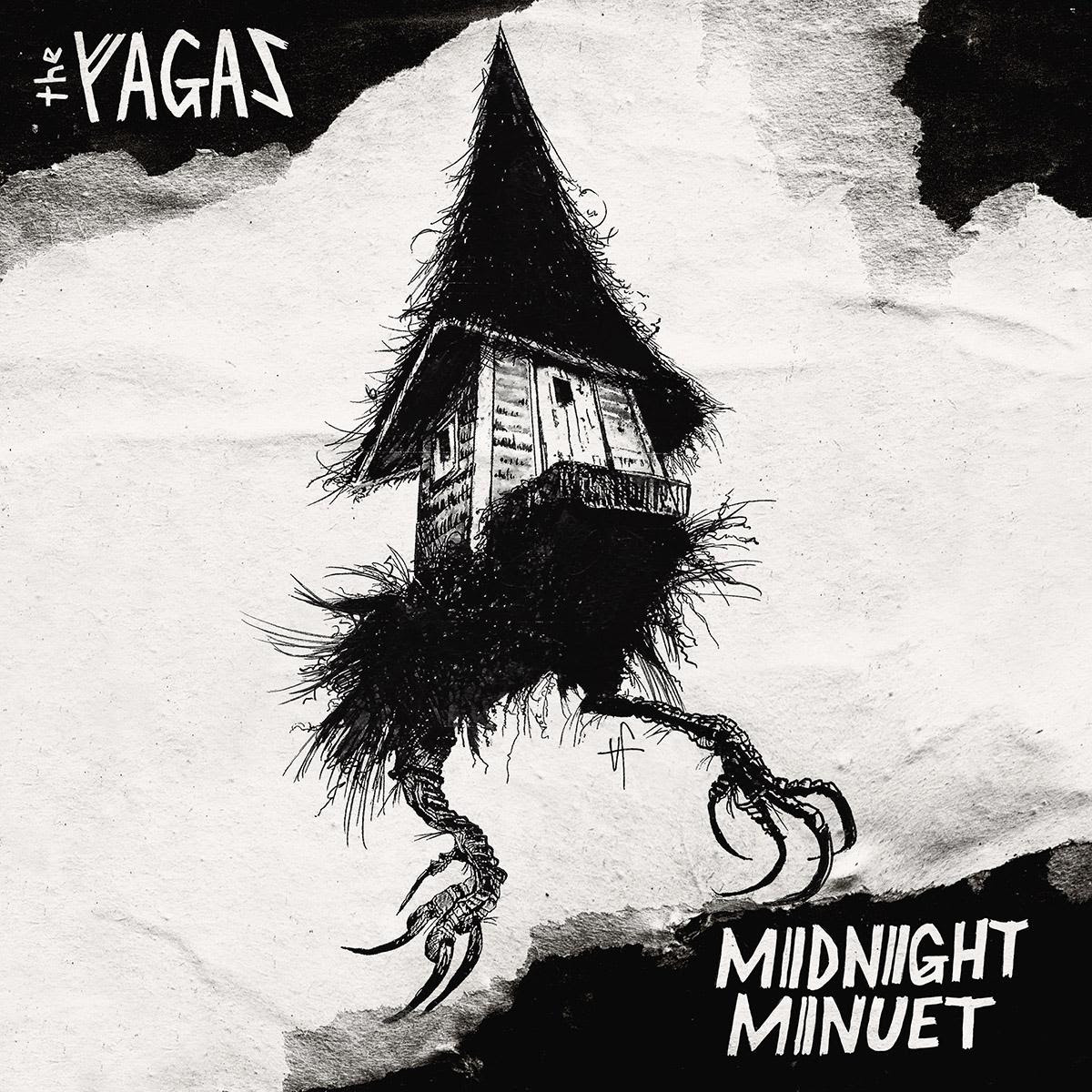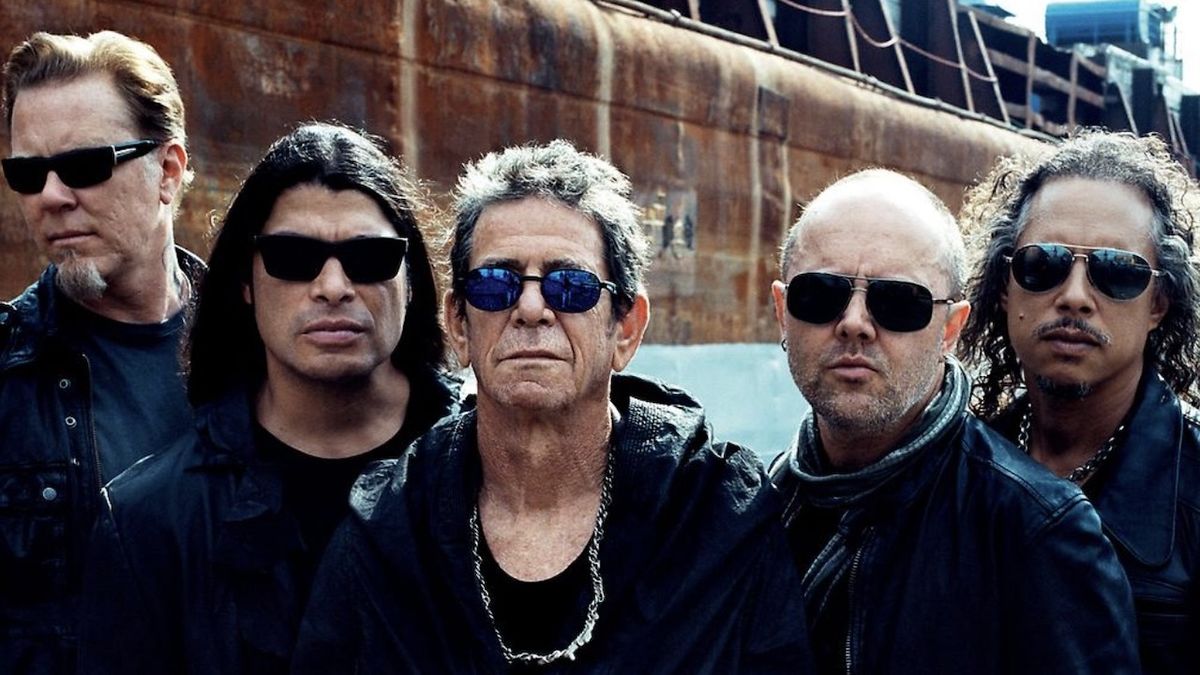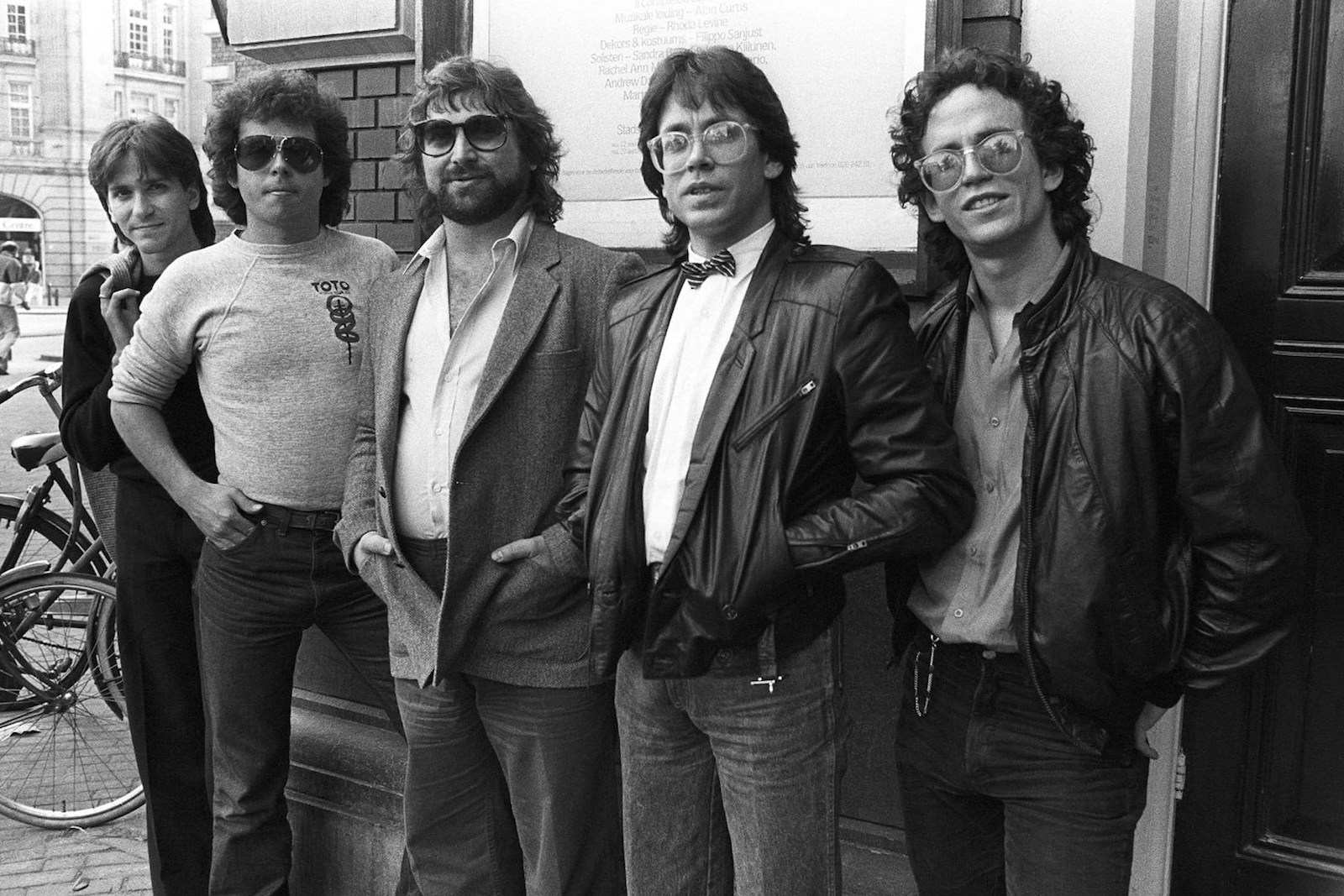
Photo: Ckuhl at Dutch Wikipedia, CC BY-SA 3.0
Gram Parsons’ greatest contribution to the world wasn’t “A Song For You.” It wasn’t even “Return of the Grievous Angel.” It was Emmylou Harris, an artist whose gift for interpretation and pearly vocals have been blessing the charts, the radio, and our playlists for the best part of six decades. Since bursting onto the scene as Parsons’ protege in the early ’70s, she’s released dozens of albums and been nominated for an astounding forty-six Grammys. She earned a place in the Country Music Hall of Fame, and inspired armies of would-be singer-songwriters to pick up a guitar and start strumming. But no matter how many artists claim her as an influence, there’s only one Emmylou. Here, we doff our hats to her enduring legacy as we look back at the 10 best Emmylou Harris songs of all time.
#10 – Evangeline
Robbie Roberston knew how to write a good tune. He also knew how to write one fast. The night before The Band’s Last Waltz concert, he wrote “Evangeline.” It may have been a rush job, but you’d never guess it from the quality. The next day, Harris and Rick Danko performed it together to the backing of the Band. Martin Scorsese was on hand to immortalize it on tape. It’s a stunning effort… although not quite so sensational as the version Harris would record a couple of years later alongside Dolly Parton and Linda Ronstadt.
Read More: Top 10 Linda Ronstadt Songs
# 9 – Born To Run
“Born To Run” doesn’t find Harris doing her best impression of the Boss, but it does find her in a rockier mood than usual. A head-nodding, foot-tapping declaration of intent, it’s bold and assertive enough to make even Bruce Springsteen seem a little wimpish. And no, this is not a cover of the classic Bruce tune. “Nobody is going to make me do things their way,” she insists defiantly. “By the time you figure it out, it’s yesterday.” As the song progresses, so does her impatience, culminating in the declaration, “But I don’t need it when I’m old and gray / Yeah, I want it today.” Written by her future husband, Paul Kennerly, it soared to No. 3 on the Billboard Hot Country Singles & Tracks chart on its release in 1981.
# 8 – To Daddy
She might be a fine, fine writer herself, but just like her frequent collaborator, Linda Ronstadt, Harris is at her best when she’s applying her own twist to the lyrics of others. “To Daddy” was written by Dolly Parton, but by the time Parton eventually got round to recording it herself in the 1990s, we’d already lost our hearts to the incredibly sensitive rendition on Harris’ 1977 album, Quarter Moon In A Ten Cent Town. After giving Harris a No.3 hit on Billboard’s Hot Country chart, it remained a set staple for years.
# 7 – Together Again
Harris’ knack for interpretation is out in force on “Together Again.” A decade after country artist Buck Owens took the song to the top of the country charts, Harris did the same. Her version is a little less smokey than Buck’s, but her wispy vocals add just the right amount of vulnerability to this tale of a longed-for reunion with a loved one. The song became her first No. 1 country single; four years later, she teamed up with Owens to record “Play Together Again, Again” in celebration of its success.
# 6 – Pancho and Lefty
Bettering Townes Van Zandt’s original version of “Pancho and Lefty” is almost impossible, but Harris comes closer than nearly any other artist has. Recorded in 1977 for the album Luxury Liner, she delivers the Texas Troubadours parable of two wayward outlaws with her signature combination of empathy and precision. An undulating guitar and melancholy pedal steel provide the perfect foil to her pure vocals. A few years later, she’d revisit Van Zandt on a pitch-perfect duet with Don Williams on the 1981 classic, “If I Needed You.”
Read More: Top 10 Don Williams Songs
# 5 – Boulder to Birmingham
Harris found her voice early, but it took her a while to find her muse. Most of her formative recordings consist of covers, but if you scratch enough, you can still find a few original compositions here and there. “Boulder to Birmingham” from the 1975 album Pieces of the Sky is one of them. A compelling and heartbreakingly mournful tribute to her late, great mentor Gram Parsons, it’s nothing short of gorgeous, with Harris’ plaintiff vocals weaving angelically around the lush strings and melancholy piano. Over forty years later, it’s still one of her most stunning creations.
Read More: Top 10 Gram Parsons Songs
# 4 – Two More Bottles of Wine
Written by the superbly talented Delbert McClinton, “Two More Bottles of Wine” finds Harris “16,000 miles from the people I know” but feeling “all right because it’s midnight / And I got two more bottles of wine.” There’s heartbreak, there’s whisky, and there’s Emmylou, whose jaunty delivery and carefree attitude took this punchy piece of honky-tonk strutting and stomping to No.1.
# 3 – Wayfaring Stranger
Harris has never stuck to the rule book, but her decision to delve into gospel with the 19th-century spiritual “Wayfaring Stranger” was one of the biggest left-turns of her career. The biggest surprise is just how well it works. Her haunting vocals dip and weave through the lyrics, taking us on a journey just as melancholy as the poor soul at the story’s center. Culled from the glorious 1980 album Roses In The Snow, this unlikely hit broke the Top Ten in the US and bag Harris a No. 1 in Canada.
# 2 – Sweet Dreams
Donald Gibson wrote “Sweet Dreams,” Patsy Cline popularised it, and Harris scored a No. 1 chart hit with it. Other artists have attempted to repeat her success in the years since, but none have managed it. Only Emmylou, it seems, can sing this ode to failed relationships in the way it was intended, and only Emmylou can turn the misery of heartbreak into such a sweet pleasure that it makes you forget your own.
Read More: Top 10 Patsy Cline Songs
#1 – Beneath Still Waters
George Jones is widely acknowledged as one of the greatest country singers ever, but even his biggest fans probably weren’t aware of “Beneath Still Waters” until Harris unearthed it from his 1968 album My Country, polished it off, infused it with an air of resigned sadness, and sent it soaring to the top of the country charts. Her vocal performance is staggering, but her gift for interpretation is truly remarkable.
In March 1980, Emmylou Harris reached the top of the Billboard Hot Country Singles chart with her heartfelt rendition of “Beneath Still Waters,” marking her fourth number one country hit. The song was released as the second single from her critically acclaimed 1979 album Blue Kentucky Girl, which showcased her deep appreciation for traditional country music. Written by Dallas Frazier, “Beneath Still Waters” had been previously recorded by George Jones in 1967 and later by Diana Trask in 1970, whose version also charted modestly.
Read More: Top 10 George Jones Songs
Top 10 Emmylou Harris songs article published on Classic RockHistory.com© 2025









![Emmylou Harris - Portraits [1996 box set - 3 CDs]](https://m.media-amazon.com/images/I/51Xm78Z5dPL._SL500_.jpg)








